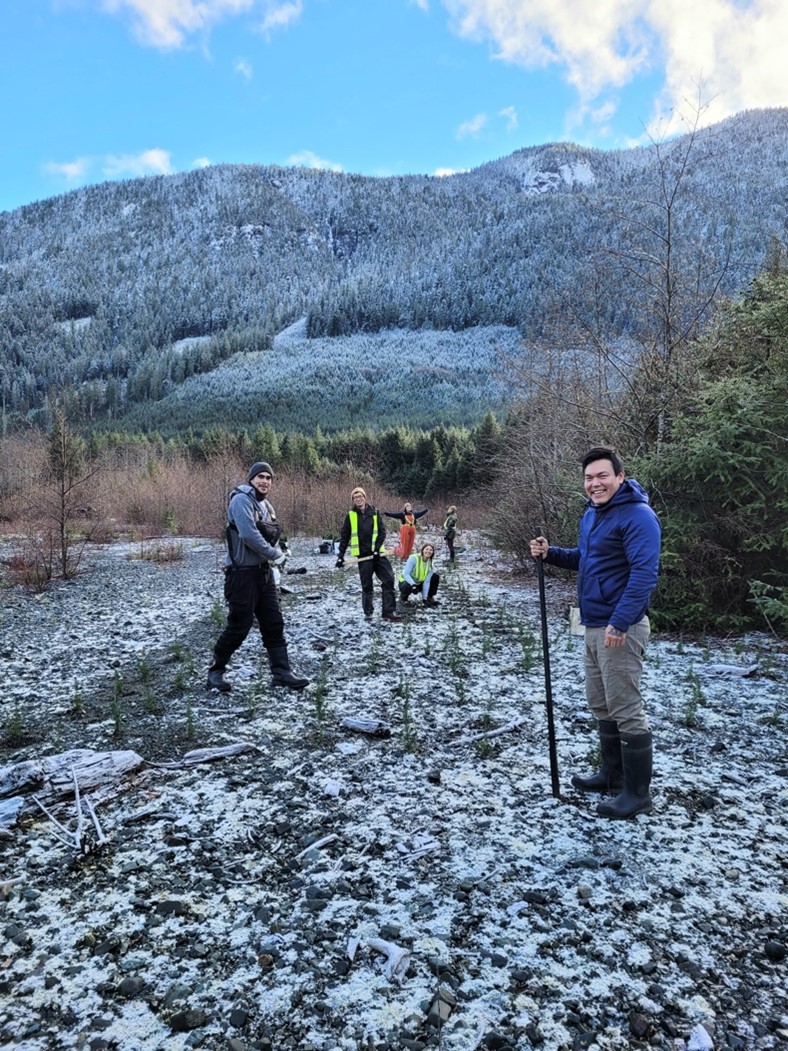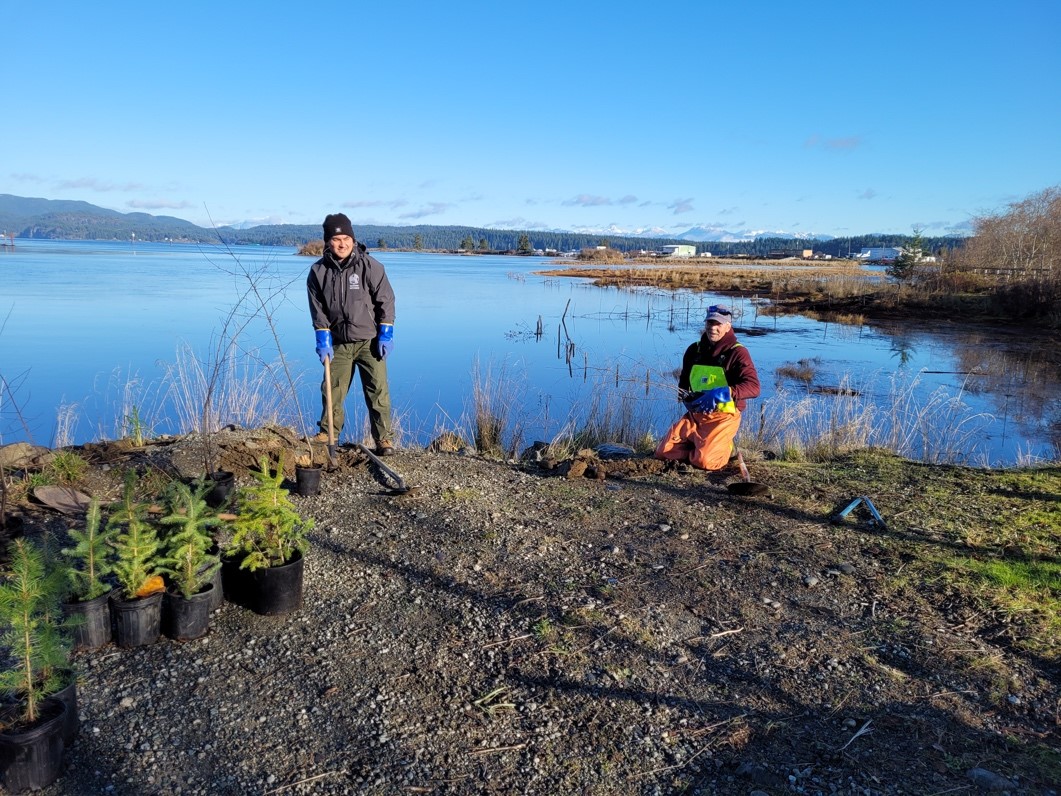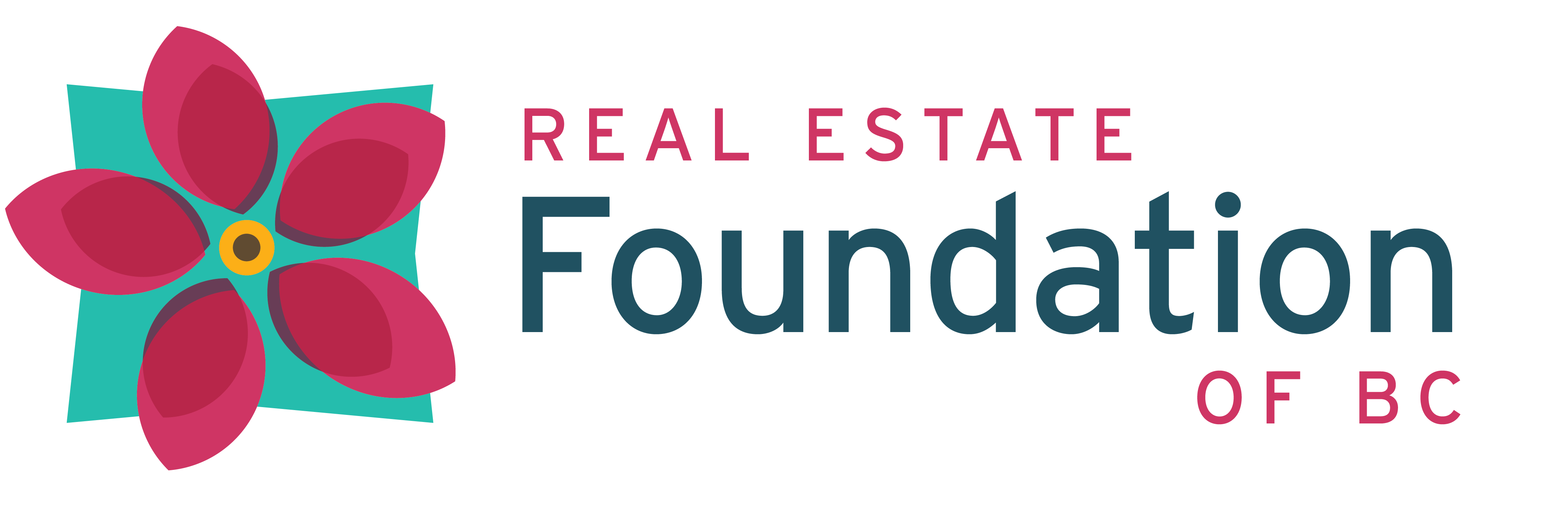Watershed restoration work cultivates opportunities and community connections
Like many other regions in British Columbia, the Campbell River area on eastern Vancouver Island suffers from ecological decline. The landscape bears visual scars from historical forestry practices, exacerbated by year-round recreational activity by tourists and locals. In addition, human-caused climate change is taking its toll on the city's natural areas, while invasive species are taking over the area's waterways and trails, displacing native species and changing the local ecology.
Established in 1996, Greenways Land Trust is a local non-profit that works to minimize and reverse these impacts on the watersheds of Campbell River. The organization relies on volunteers from the Campbell River community to run its long-established restoration activities.
Unfortunately, like many other community groups, Greenways experienced unfamiliar challenges during the COVID-19 pandemic.
"We had to reduce hosted formal events greatly," said Camille Andrews, Greenways Land Trust's Habitat Management Coordinator." It was unclear, particularly at the start of the pandemic, which activities were safe and whether we could continue work. As a result, we probably lost 50 percent of our volunteers."
At the same time, pandemic restrictions and cabin fever pushed many people to explore and enjoy the outdoors, significantly increasing the need for trail and riparian restoration in the region.
Fortunately, the Healthy Watershed Initiative (HWI) awarded Greenways Land Trust $378,000 to address these increased recreational impacts. The organization used the funds to hire four crew members with biology and ecology backgrounds and two contractors to lead protection and restoration at various sites in the Campbell River watershed.
The organization also used the funding to collaborate with other local groups.
Cultivating Community Connections

One of the contractors hired to lead the local restoration team was Wei Wai Kum Nation member Cory Cliffe, founder of the Campbell River-based 7 Generation Stewards Society. HWI support allowed the crew to extend their work season to remove invasive plants and assist the society with tree planting along the Eve and Salmon rivers, north of Campbell River.
Wei Wai Kum Guardian Watchmen Coordinator and Natural Resource Manager Karl Smith said, "habitat restoration work is good because you're giving back to the ecosystem and mother earth." Since time immemorial, the Wei Wai Kum have had the tradition of guardians looking out for the water, fish, and animals in their territory. In addition, Karl said, "we're sharing our traditional knowledge with governments and different conservation groups as we won't be doing all the work that is needed by ourselves."
Greenways Land Trust partnered with AVI Health and Community Services to provide under-housed community members with opportunities to gain skills, paid work experience and harm reduction education while experiencing the mental and social benefits of working with others in nature. Greenways also ran workshops for local school children and outreach programs for neighbours and community members — all focused on restoring Campbell River's waterways and trails.
Combining forces allowed the organizations to share knowledge and skillsets and work together to meet their common restoration goals.
The project, Camille said, will serve as the basis for future reconciliation and collaboration between all members of the Campbell River Community.
Unexpected challenges; early results
The summer of 2021 brought one last hurdle for the Greenways Land Trust team. When a heat dome struck much of British Columbia in late June, deadly daytime temperatures and drought threatened the work the team had accomplished over the previous months.
Crew members quickly redirected their efforts to save those earlier plantings.
"Our team spent weeks watering restoration sites," said crew member Melody Fraser. "We had a lot of early mornings to beat the heat, and we would jump for joy when the clouds finally rolled in to provide us (and the plants) some shady relief."
After watering tirelessly for weeks, the crew and some dedicated volunteers ensured that very few young transplanted trees and shrubs were lost. Despite the challenge brought on by the hot weather, the team also succeeded in removing tonnes of invasive species from project areas, as set out in the initial project plans.
By working together, the team combined knowledge and skills, creating an efficient workforce that inspired enthusiasm among participating community members. Their expertise and passion advanced and supported widespread restoration work throughout the Campbell River watershed to combat the impacts of recreation, climate change and past industry practices.
In addition, the team has shown the Campbell River community how caring for the environment is a rewarding career.
Written by Hayley Cloona - an environmental science and policy graduate with a passion for research and communication, particularly within the agri-food and water industries.







